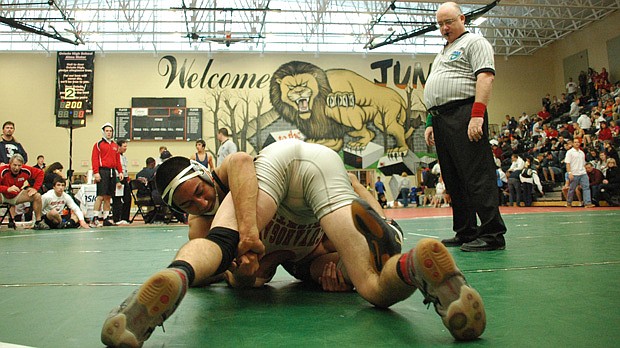- April 19, 2024
-
-
Loading

Loading

The Florida High School Athletic Association took another hit on April 9th as the Florida House Education Committee passed House Bill 1279. The bill includes provisions that FHSAA officials said would make illegal recruiting between high schools easier to hide and lead to an unfair balance in competition. Legislators argued that it will help keep the FHSAA’s power in check.
“The amount of power they have is just unbounded,” Rep. Elizabeth Porter, R-Lake City, said. “There have been a number of occasions of them really overstepping their boundaries.”
Home searches that seek to verify whether or not a student lives in the residency shown on his or her school records would no longer be allowed; while simultaneously investigations into those matters would be limited to 90 days. The bill would also place the costs of the investigations squarely on the shoulders of the FHSAA instead of the school in question.
Rep. Larry Metz, R-Yalaha, the legislator who proposed the bill, had suggested in previous statements that this would level the playing field between the FHSAA and parents and students.
Just before presenting the bill to the Education Appropriations Subcommittee on April 4, Metz added in some additional language. If the bill is made into a law, students would be allowed to participate at another public school in an extracurricular activity if their school does not offer it. Additionally, a student will not automatically be ruled ineligible if they participate on a summer league team and then play for that coach in school the following year.
Even after evidence is collected by the FHSAA, the case has to be presented to an administrative judge who makes the final ruling on a student's eligibility.
FHSAA executive director Dr. Roger Dearing had said publicly in the past that this bill would not only undermine the Association’s ability to enforce the rules, but conjointly students could play a sport in one school while playing a different sport at another.
One local coach said that this bill would not only have an effect on student-athletes, but coaches as well.
"I think it would make it difficult on the coaches because if a player doesn't like how much time they’re [playing at a school] then they might be out of there much quicker." said University High School varsity basketball head coach Billy Owens.
"[The bill] would give all of the authority back to the players. If a guy, for example, isn't getting enough shots he may go over to another school just because he thinks he'll get more shots."
Another coach isn't as concerned with the effects the bill could have on an athlete’s ability to transfer, but on the students themselves.
"If you're shopping your kid around because of athletics it's not best for their overall development. I don't support recruiting," said Scott Gomrad, head coach of Winter Springs varsity wrestling.
"As long as you're running your program the right way and helping them grow, parents [will] see their growth and development."
Winter Springs lost two-time state champion wrestler Brandon Hatchett to a transfer to Oviedo High School in 2006. Oviedo was later sanctioned by the FHSAA and banned from postseason competition for three years for illegally transferring athletes into the school by falsifying addresses and having them live with coaches.
Gomrad said that while some parents and students think that going to another school solves all of their problems, he warns that it could do even further damage to the student.
"If that bill passes and kids are moving around, it doesn't always mean they'll find greener pastures," added Gomrad. "[If you] treat them like professional athletes they miss out on the point of high school athletics, which is to be a student first."
Though the bill has built up some legislative momentum, it will need to pass through the Florida House of Representatives and Senate before it can be signed by Gov. Rick Scott.